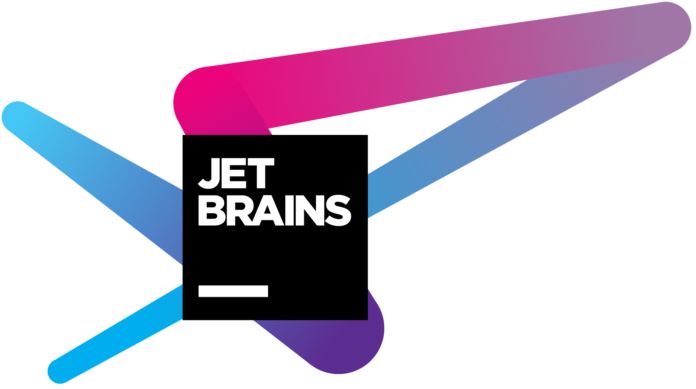
JetBrains Supercharges AI Agent Development with Major Framework Update
Sep 1, 2025 |
👀 67 views |
💬 0 comments
JetBrains, the company behind some of the world's most popular developer tools, has released a major update to its Kotlin-based AI agent development framework, introducing new features designed to simplify the creation of sophisticated, autonomous AI systems.
The announcement, which went live this morning, details the release of "KAgent 2.0," a significant upgrade to the company's framework for building intelligent agents in the Kotlin programming language. This move is a clear signal that JetBrains is positioning Kotlin—a language already beloved for its conciseness and safety in Android and server-side development—as a first-class citizen in the burgeoning field of AI.
According to the official release notes, the KAgent 2.0 update is focused on empowering developers to build more complex and capable AI agents that can reason, plan, and interact with external tools and APIs.
Key highlights of the new version include:
A Declarative API for Agent Behavior: The framework now includes a more intuitive, declarative API that allows developers to define an agent's goals and available tools with simpler, more readable code. This abstracts away much of the boilerplate complexity involved in agent creation.
Enhanced Memory and State Management: KAgent 2.0 introduces advanced components for both short-term and long-term memory, enabling agents to maintain context over longer conversations and learn from past interactions.
Seamless Tool Integration: A new, streamlined system makes it easier for developers to connect their agents to external tools, from simple API calls to complex software suites, allowing the AI to perform a wider range of tasks.
Improved Debugging and Observability: Recognizing the difficulty of troubleshooting autonomous systems, JetBrains has built in new tools to help developers trace an agent's decision-making process, making it easier to understand why an AI made a particular choice.
This update is a strategic move for JetBrains, tapping into the massive global community of Kotlin developers and giving them a powerful, native toolset to participate in the AI revolution. By providing a robust framework, the company aims to lower the barrier to entry for building the next generation of AI applications, which are increasingly moving beyond simple chatbots to become active, task-oriented agents.
"Our goal with KAgent 2.0 is to make Kotlin the fastest and most enjoyable language for building production-grade AI agents," said a JetBrains spokesperson in the official blog post. "We're providing the scaffolding so developers can focus on the unique logic and intelligence of their applications."
The news has been met with enthusiasm in the developer community, with many praising the focus on developer experience and the potential to build powerful AI systems without needing to switch to Python, the language that has traditionally dominated the AI space. As businesses worldwide race to build their own AI agents, JetBrains is making a powerful case for Kotlin to be the language they use to do it.
🧠 Related Posts
💬 Leave a Comment
